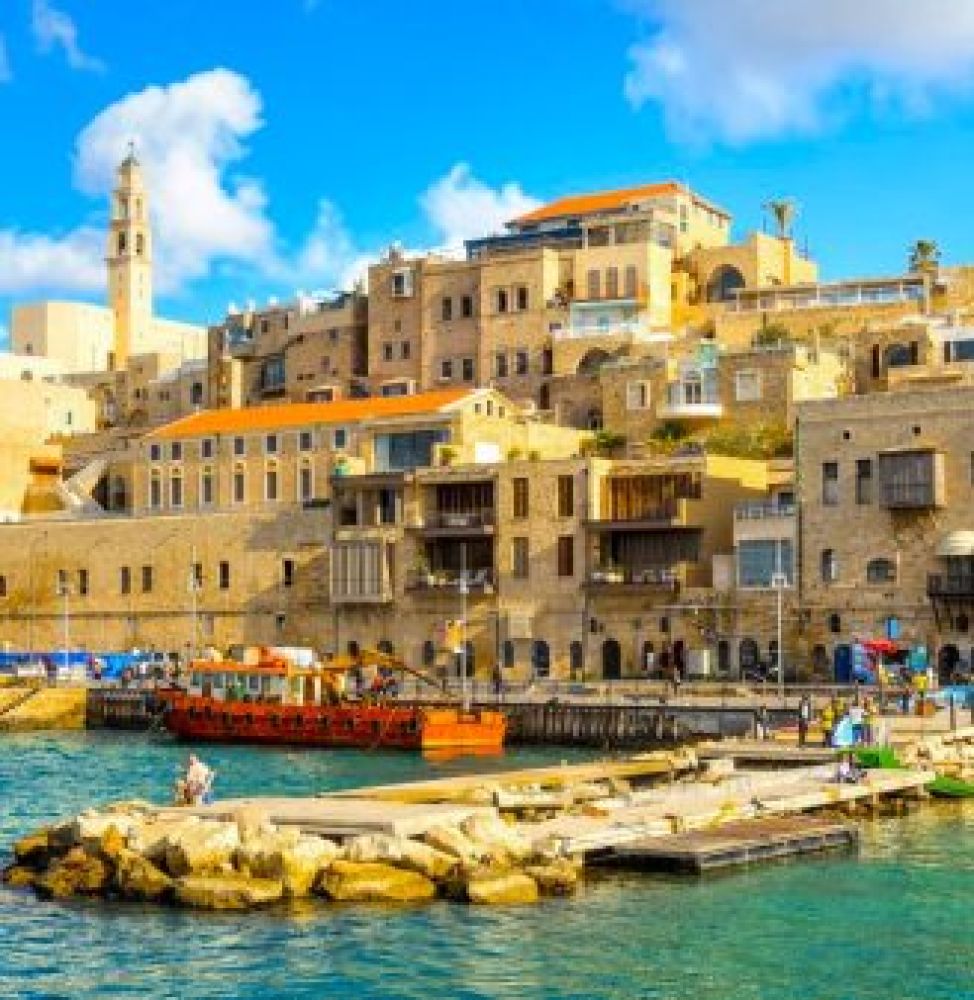

Safed, also known as Tzfat, is a city in the Northern District of Israel that has long been held in high regard due to its association with Jewish mysticism and spirituality. Among the prominent historical treasures of Tzfat is the Ari Ashkenazi Synagogue, named after Rabbi Isaac Luria, who is commonly known by the Hebrew acronym "Ari" (which stands for Elohi Rabbi Itzhak, or the Godly Rabbi Isaac) and is one of Judaism's greatest Kabbalists.
The origins of the Ari Ashkenazi Synagogue can be traced back to the 16th century, when Tzfat experienced a renaissance of Jewish culture and spirituality. During this time, Tzfat saw an influx of Jewish mystical scholars who were drawn to the city by its holy sites and the presence of renowned rabbis. Rabbi Isaac Luria arrived in Tzfat in the 1550s and rapidly became a leading figure in the community.
The synagogue was originally built in the 16th century, becoming a central place of worship for the Jewish community, particularly those who followed Kabbalistic practices. While the current structure is not the original—as the synagogue has been destroyed and rebuilt several times, most notably after the earthquake of 1837—it still stands as a testament to the enduring spirit of the Kabbalistic tradition and the Jewish community of Tzfat.
In recent times, the Ari Ashkenazi Synagogue has become one of Tzfat's most visited tourist attractions, drawing both Jewish and non-Jewish visitors intrigued by its history and religious significance. The synagogue is noted for its beautiful architecture, ancient Torah scrolls, and the old cedars that are used for the Holy Ark. Visitors are also drawn to the site because it serves as a place of contemplation and connection to Jewish mysticism.
Tourism in Tzfat, and at the Ari Ashkenazi Synagogue in particular, has become increasingly focused on cultural and spiritual experiences. Visitors are often interested in exploring the wider aspects of Kabbalah and Jewish history. There has been a growing trend in providing guided tours that explore not only the synagogue itself but also the narrow, cobbled streets and the artists' quarter, which is another significant attraction in Tzfat.
Another emerging trend is the growing interest in experiential and immersive tourism, where visitors participate in workshops, such as those related to Kabbalistic art and Judaica, or attend spiritual retreats in the city’s many guesthouses and hotels.
The Ari Ashkenazi Synagogue stands as a beacon of Jewish heritage and attracts visitors looking for a deeper understanding of Jewish mysticism and tradition. As tourism in Tzfat continues to evolve, it does so with a respect for both the history and the spiritual significance that make the city, and landmarks such as the Ari Ashkenazi Synagogue, truly unique.